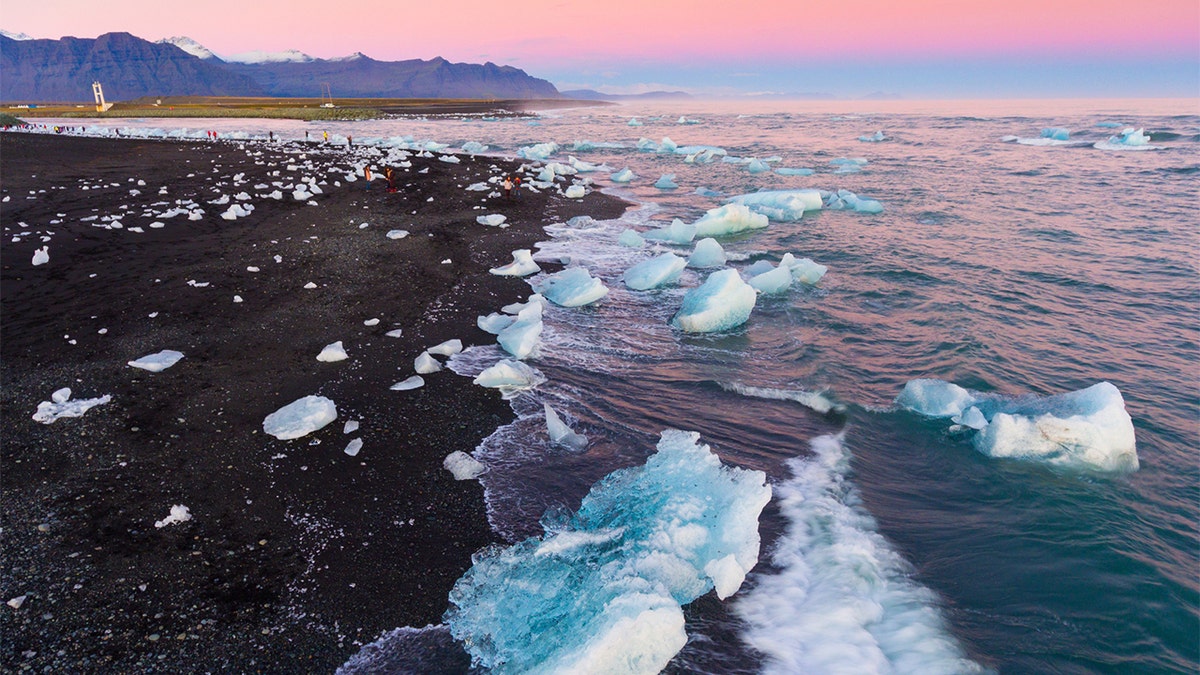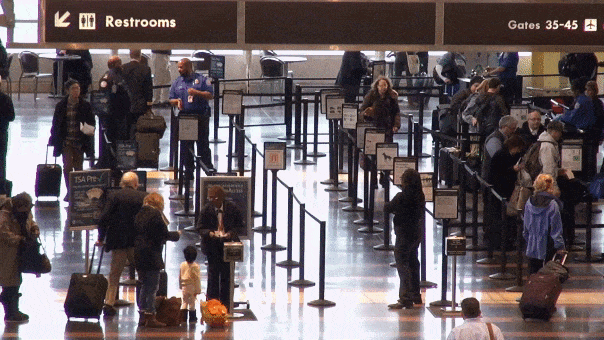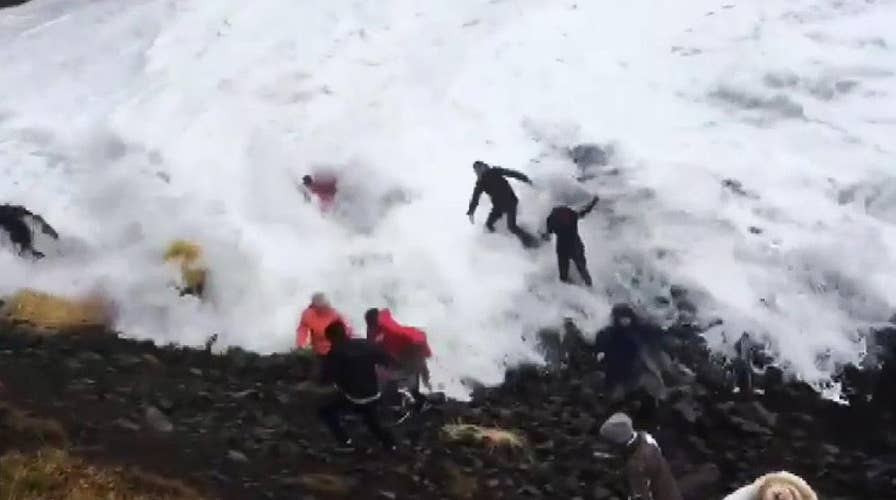Wave catches tourist off guard at Iceland's iconic Reynisfjara Beach
Sneaker wave at Iceland's iconic Reynisfjara Beach hits tourists after they ignore tour guides warning.
Iceland will now welcome vaccinated travelers to visit the Nordic island nation without quarantining.
The country will open its borders Thursday to visitors who can show proof they’ve been vaccinated against COVID-19 as it aims to rebound from tourism losses, the Icelandic government announced.
Vaccinated travelers from the U.S. and the U.K. will not be subject to mandatory COVID testing at the border or quarantine. Previously, Iceland closed its borders to anyone outside of Europe’s Schengen zone to prevent the spread of the virus during the pandemic.

Iceland is now allowing vaccinated travelers to pass through borders without mandatory quarantine or testing. (iStock)
ICELAND SAYS TOURISTS WHO HAD CORONAVIRUS CAN SKIP QUARANTINE AND TESTING: REPORT
All vaccines must be approved by the European Medicines Agency, the new guidance says, of the approved Moderna and AstraZeneca vaccines.
"The world has been through a lot in the past twelve months, and we are all hoping for a slow and safe return to normalcy. This also includes the resumption of the opportunity to travel, which is valuable to culture, trade and enterprise," Katrín Jakobsdóttir, Prime Minister of Iceland, said in a statement. "The decision to apply border exemptions for vaccinated individuals to countries outside the EU/EEA area is a logical extension of our current policy."
Anyone traveling to Iceland from Europe previously was required to get tested for the virus upon their arrival, quarantine for five days and get tested again or quarantine for 14-days. In December, travelers from the European Economic Area (EEA) who showed documents that they contracted COVID-19 and recovered were exempt from the testing and quarantine restrictions, the Iceland Review reported.
FOLLOW US ON FACEBOOK FOR MORE FOX LIFESTYLE NEWS
A number of airlines are testing digital COVID-19 passports that feature information about a traveler’s COVID-19 testing and vaccinations that have been verified by labs, airlines and government agencies.
Iceland, like many tourism hotspots, experienced extreme revenue loss as a result of global shutdowns during the pandemic. Tourist numbers plunged by 75% last year to under 500,000, Reuters reports.









































